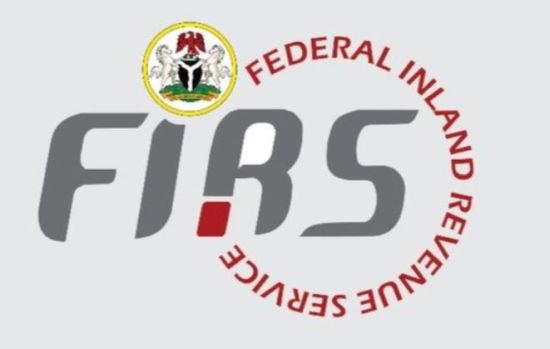The Federal Inland Revenue Service (FIRS) has explained why Nigeria did not join other countries to sign the tax deal worked out by the Organisation for Economic Cooperation and Development (OECD).
Mathew Gbonjubola, group lead, special tax operations at FIRS, said this in a statement signed by Johannes Wojuola, spokesperson to the agency’s chairman, on Tuesday.
Last month, OECD, an intergovernmental economic body, announced that 136 countries and jurisdictions had signed up to an agreement to have global corporations pay a minimum tax rate of 15 percent.
It was gathered that Nigeria, Kenya, Pakistan, and Sri Lanka were missing or not yet joined the landmark agreement.
According to Gbonjubola, Nigeria has been involved in various workstreams under the OECD project and has articulated its position on the technical work towards the goal of producing a common front for countries.
“However, our concerns on potential negative revenue returns that the rule designs would have for developing countries were unaddressed,” he said.
He added that despite the promise that the new deal will increase global corporate income tax by as much as $150 billion yearly, with an attendant favourable environment for investment and economic growth, there were serious concerns that the pillars did not address negative revenue outcomes for Nigeria and other developing countries.
“The general issue that developing countries have with the outcome that was published on October 8th is the high cost of implementation,” he said
”And that speaks to the complexities of the proposal in the inclusive framework statement. In every complex situation or rule, implementation and compliance will always be difficult,” he said.
“When implementation or compliance is difficult, there would be a high cost of implementation.”
According to him, another issue was that the economic impact assessment that was carried out on Pillar 1 and 2 were founded on an unreliable premise.
“The country-specific impact assessment that was done was top-down. Somebody just looked at the GDP of Nigeria and says Nigeria’s GDP is this much and then they should be able to buy this number of shoes and things like that,” he explained.
“And you and I know, in that kind of postulation, the margin of error is usually very wide. That exactly was what happened with this. Particularly for Nigeria, when we ran the numbers it was way off the figures that the OECD gave us.”
“And the final issue most developing countries had was that the developed world, within the inclusive framework, was very indifferent to the concerns expressed by most developing countries.”
“This you can see from the outcome, with respect to the complexity, issues of the high cost of implementation and on the issue of revenue accruable to developing countries.”
He further explained that the bulk of the money that would accrue from the project, if any, 70 percent — 80 percent will go to the developed countries. Almost nothing comes to developing countries.
Gbonjubola, who is also leading Nigeria’s team on the inclusive framework negotiations, explained that while the whole project started to find solutions to the challenges of a digitalised economy the outcome was completely different.
He further explained that the statement by the OECD Inclusive Framework required all parties to remove all Digital Service Taxes and other relevant similar measures with respect to companies’ taxation and to commit not to introduce such measures in the future.
“The statement required the withdrawal of unilateral measures by countries. Which Nigeria does not have a problem with (Nigeria does not have any unilateral measure targeted at digital services companies),” he added.
“However, the paper that was released on unilateral measures was so expansive in its definition that we are concerned that the taxing rights that Nigeria has always enjoyed may be withdrawn.”



